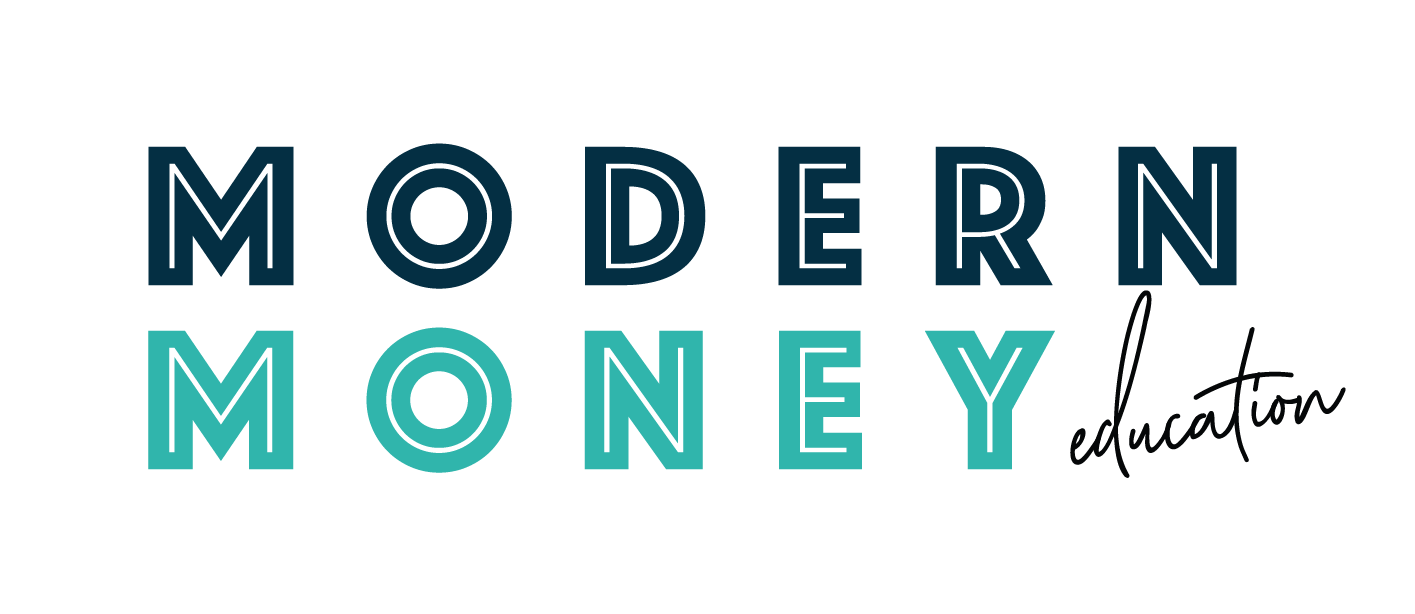Ask Arielle: How Can I Pay Off Student Loans When My Income Is Low?
This post is part of our “Ask An Advisor” series where we address your most urgent money questions. Names have been changed to protect the identity of the requester.
How can I possibly get out of student loan debt? (It’s over 50,000. I was not able to complete my last year of college due to finances. I can't find work willing to pay more than $12 where I'm located.)
Dear Ashley,
First, let me sympathize with your situation. Both Angela and I worked while in college and had to maintain our GPAs to keep our scholarships. Completing your schooling while balancing other responsibilities is hard and not always feasible. You should be proud of yourself that you made it through most of your schooling even if you weren't able to graduate yet.
That leads me to my next point, which is the emphasis on the "yet." It sounds like you are looking for work right now, or maybe you are already working in a job that's paying lower wages than you'd need to pay the bills. As you've seen firsthand, many employers require a degree, even if you already have the knowledge in your field. However, there are other employers or roles where a degree is not a barrier to entry and you can make good money without one. Without knowing what field you are in it's hard to say whether that's the case, but I would encourage you to tap into your network, including the career office at the school you were previously attending, to see if you can find a better-paying opportunity for the short-term. I'd also encourage you to look at industry organizations related to your field and check their job boards for contractor or freelancer opportunities to supplement your current income.
If your industry requires a degree to enter (for example, you're working to become a doctor or lawyer), or if you need your degree to advance in your career path, your goal will be to finish school as quickly and cheaply as possible (assuming that finishing school will translate into enough of an income increase to justify the cost). Preferably you will be able to win scholarship or grant money to help pay for the remaining tuition. Start by calling the school's guidance or bursar's office to find out what opportunities exist, then look to those industry organizations, women's networks, etc. If scholarships are not enough to cover the full tuition, you may have to go to a cheaper school, go to school part time so you can work the rest of the time, borrow money from family, or take out additional student loans. You'll also want to rely on a well-crafted budget while you do, to increase your debt as little as possible and maybe even save a little. I'm not going to sugarcoat it, it's going to be HARD, but I believe you can do it. If you go back to school at least half-time, you may be eligible for an in-school deferment on your existing loans. Interest will continue to accrue, but often you will not owe a payment for up to six months after you finish school. You'll want to call your servicer to confirm your eligibility and options.
Last, but not least, is what happens to your loans while you decide whether to go back to school, if you decide not to go back to school, or if you go back and still have trouble finding a well-paying job. If you have federal loans, you may apply for an income-driven repayment plan. An income-driven plan will be based on your earnings, rather than the loan amount and should hopefully get your payment to a manageable rate. This is not a great long-term solution if you plan to eventually start earning more money, rather than have your loans forgiven, but it will "stop the bleeding" and allow you to regroup while you evaluate your options. There are several different programs so you'll want to take your time to evaluate which best fits your current AND future situation. Studentaid.gov has a great comparison resource. If your loan is a private loan, you will have a lot less flexibility. I'd start by calling your loan servicer to find out if they can put you on a reduced payment plan. Again, you won't want to rely on this long-term, but it will give you a little breathing room. One you're able to pay your living expenses and have a little extra, you'll want to focus on aggressively paying off your debt. That means increasing income and reducing expenses any way possible. Some examples are cutting back on ALL discretionary spending, getting a roommate, starting a side hustle, or working in a non-related field to earn as much as you can. This aggressive strategy doesn't need to last forever, but I think you'll find that even when your debt is paid you have built good habits that will last a lifetime.
Whichever route you decide to go, I wish you the best of luck in your endeavors! If you need additional guidance we offer a standalone student loan analysis which you can sign up for here.
Best Regards,
Arielle
